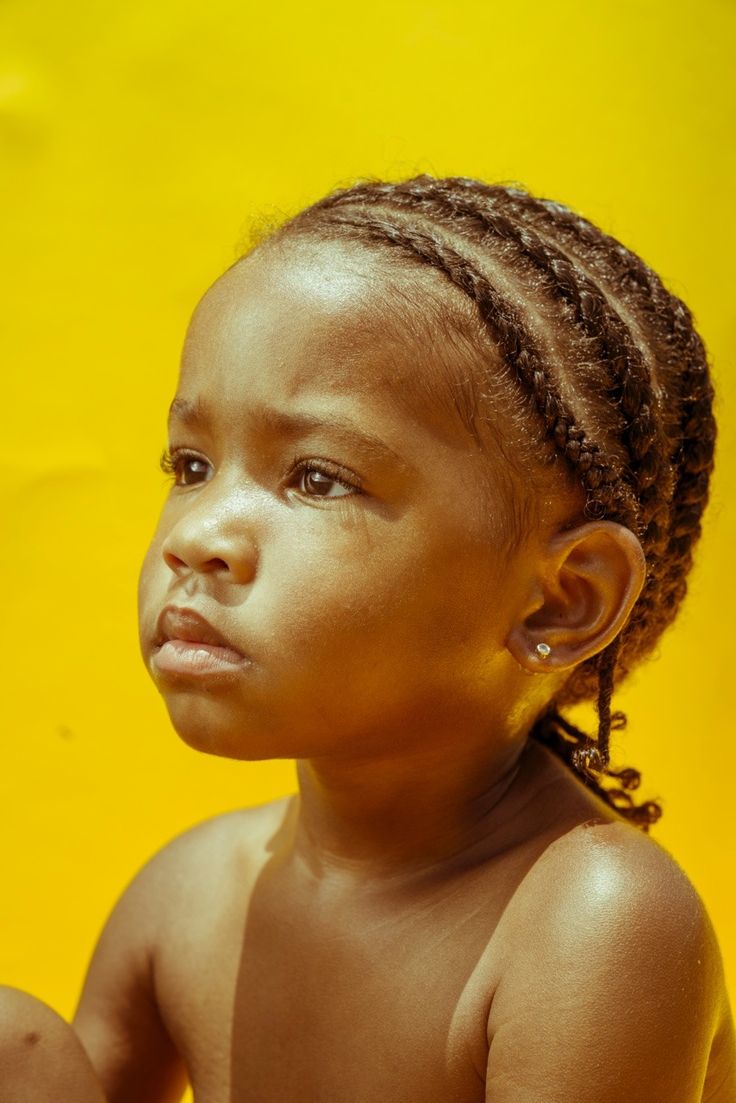There’s a difficult conversation that needs to be had in relation to parenting and it’s about resilience.
The actual word that I want to use it hardship but we’ll get to that.
For those who don’t have kids, here’s how online parenting advice works. The people who are most vocal about giving parenting advice are generally parents of kids under 10yrs. After 10 parenting takes on a totally different dynamic that very rarely makes posts and IG captions. Parents of teens generally don’t give parenting advice.

Now, parents of younger tend to focus on a certain narrative where we actively encourage kids not to be resilient. A big part of this is because in recent years we’ve extensively reflected on our childhood traumas and how many of us have been scarred by our upbringing.
The impression from this is that childhood hardship primarily comes from parenting and not circumstance.
Also, the concept of resilience touches on people’s triggers about putting up with abusive situations. So, naturally, parents of young children don’t want to see their kids experience any kind of discomfort.
On the other side, parents of older children are facing a situation where their kids don’t want to experience any kind of discomfort.
Here are some stats:
Only 7% of South Africans hold a tertiary degree.
Youth unemployment stands at 64% (in 2000 it was 29%)
This means that the model that I and you were raised on (go to school and study to be a teacher, doctor, or lawyer) has essentially collapsed. It was, quite literally, all a dream. This is not the future that we thought we would become adults in.
With that in mind and looking at just how much the world has changed in just the last three years, we don’t know what the world will be like in 2033, much less so in 2043. We don’t know what future awaits our children.
For instance, There’s a software that has just been released called ChatGTP that threatens the existence of the academic and will require at least a partial overhaul of the education system.
What we do know is that some aspects of life are going to be challenging for them. They are going to face challenges that we didn’t have to deal with such as the socioeconomic and psychological impact of technology.
Which brings us back to our topic: how do we raise resilient children/adults who are able to navigate hardship and challenging times?
The point of this is not about how bad things are going to be. In fact, I think there are many many opportunities that lie in the future. But it’ll be difficult to access or create these opportunities if one is perpetually stuck in mental turmoil.
(Side note: When you answer the question, look at what context you are using to answer. Are you addressing your own upbringing as reference or you looking at what is happening right now?)
Writer: Vus Ngxande


